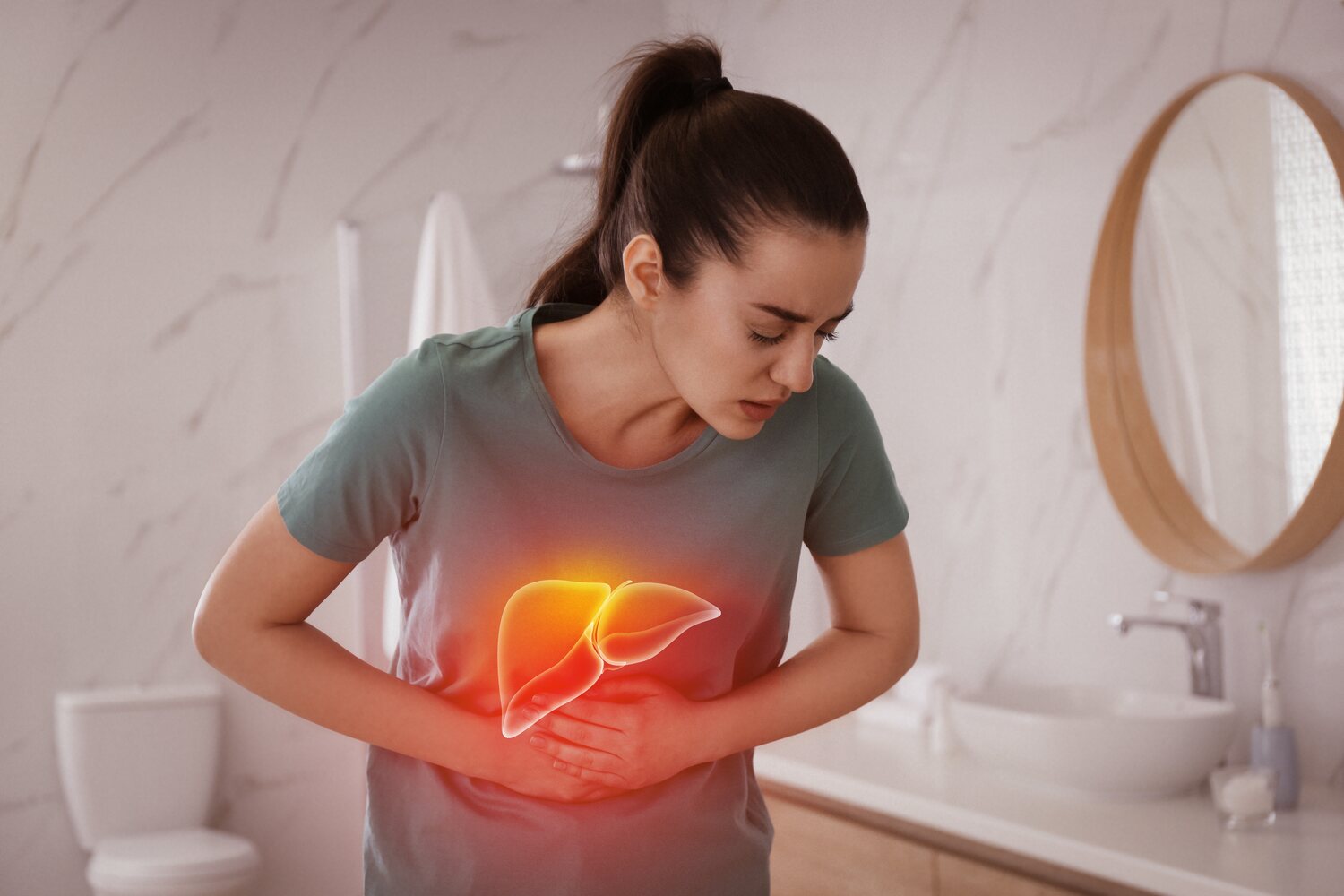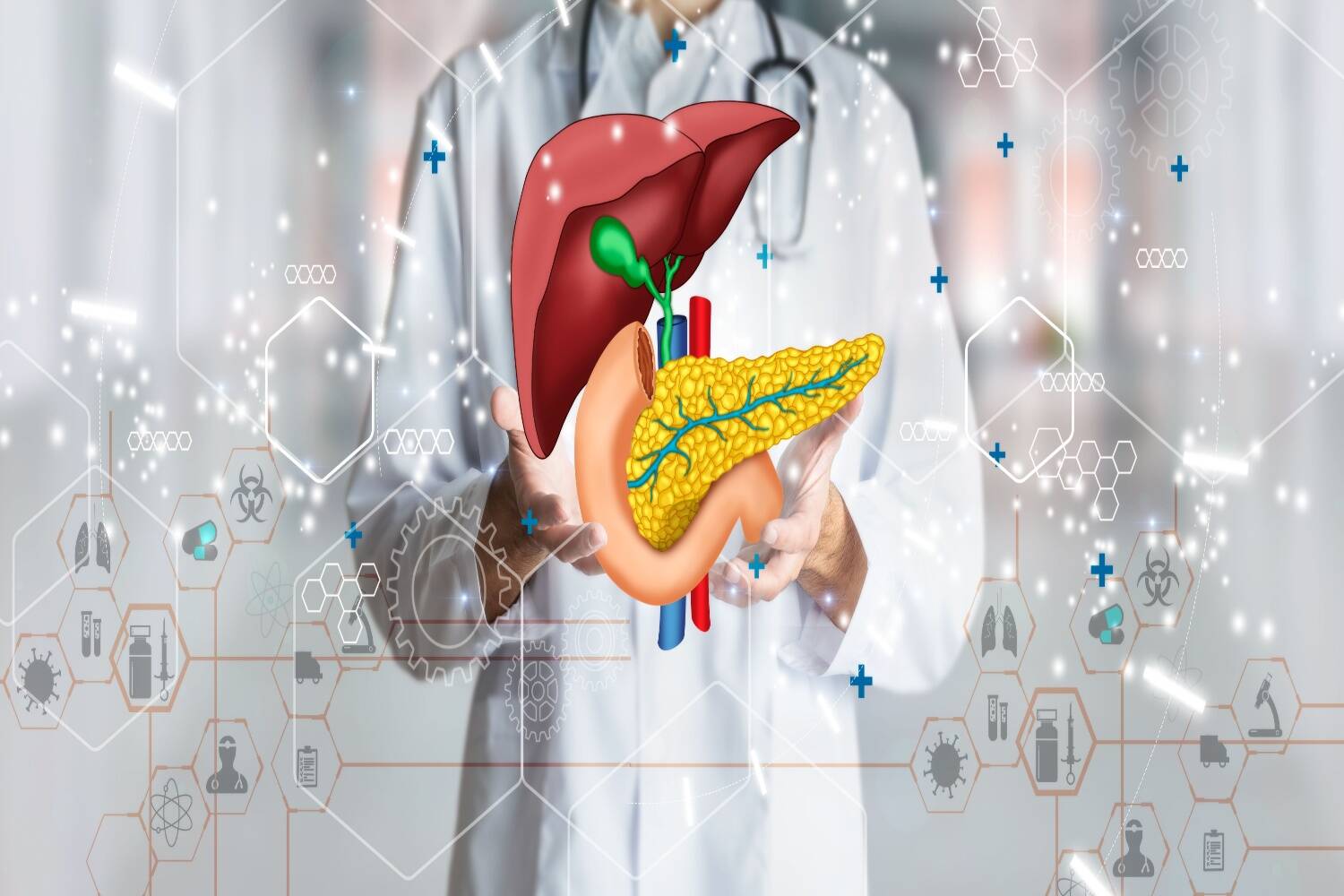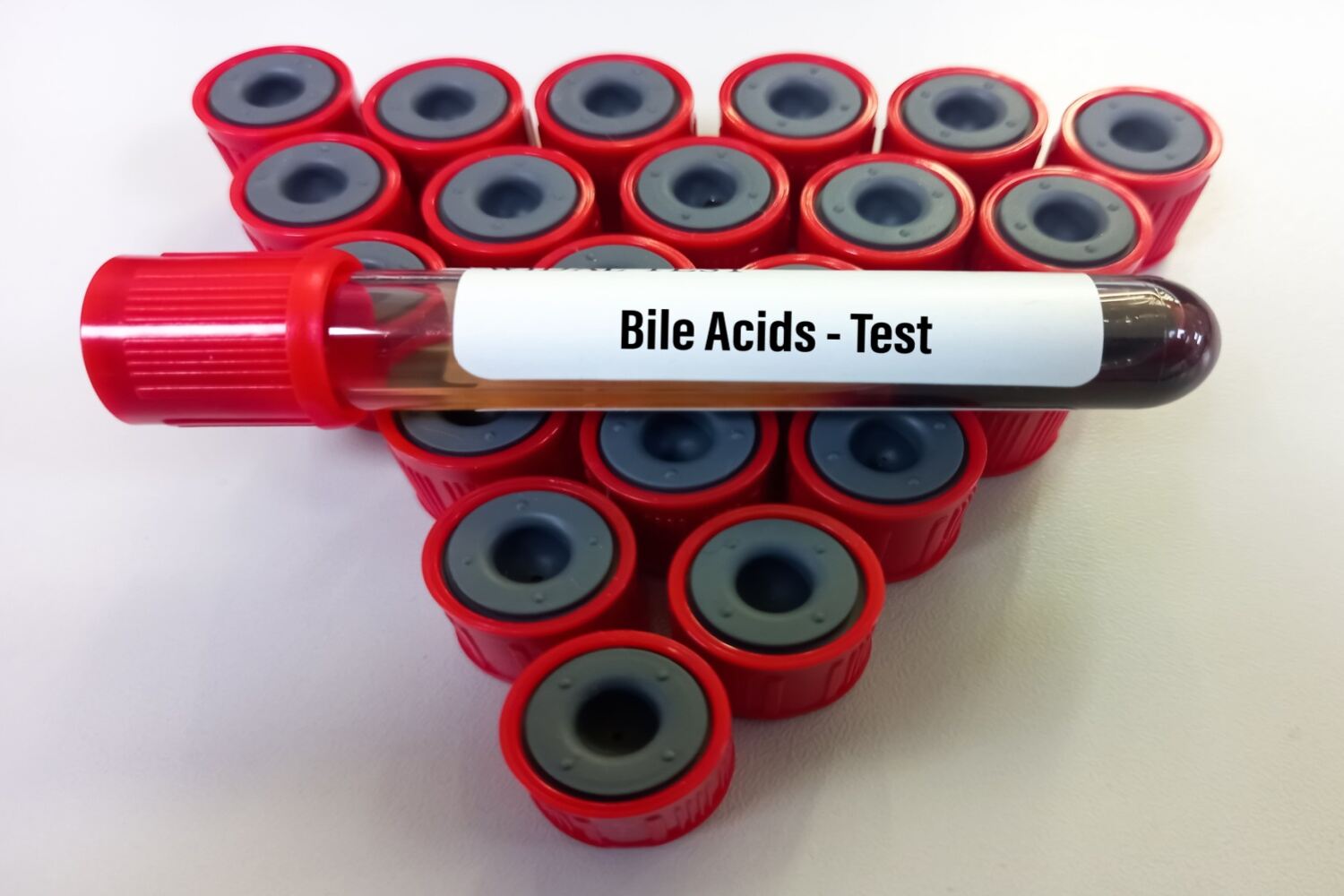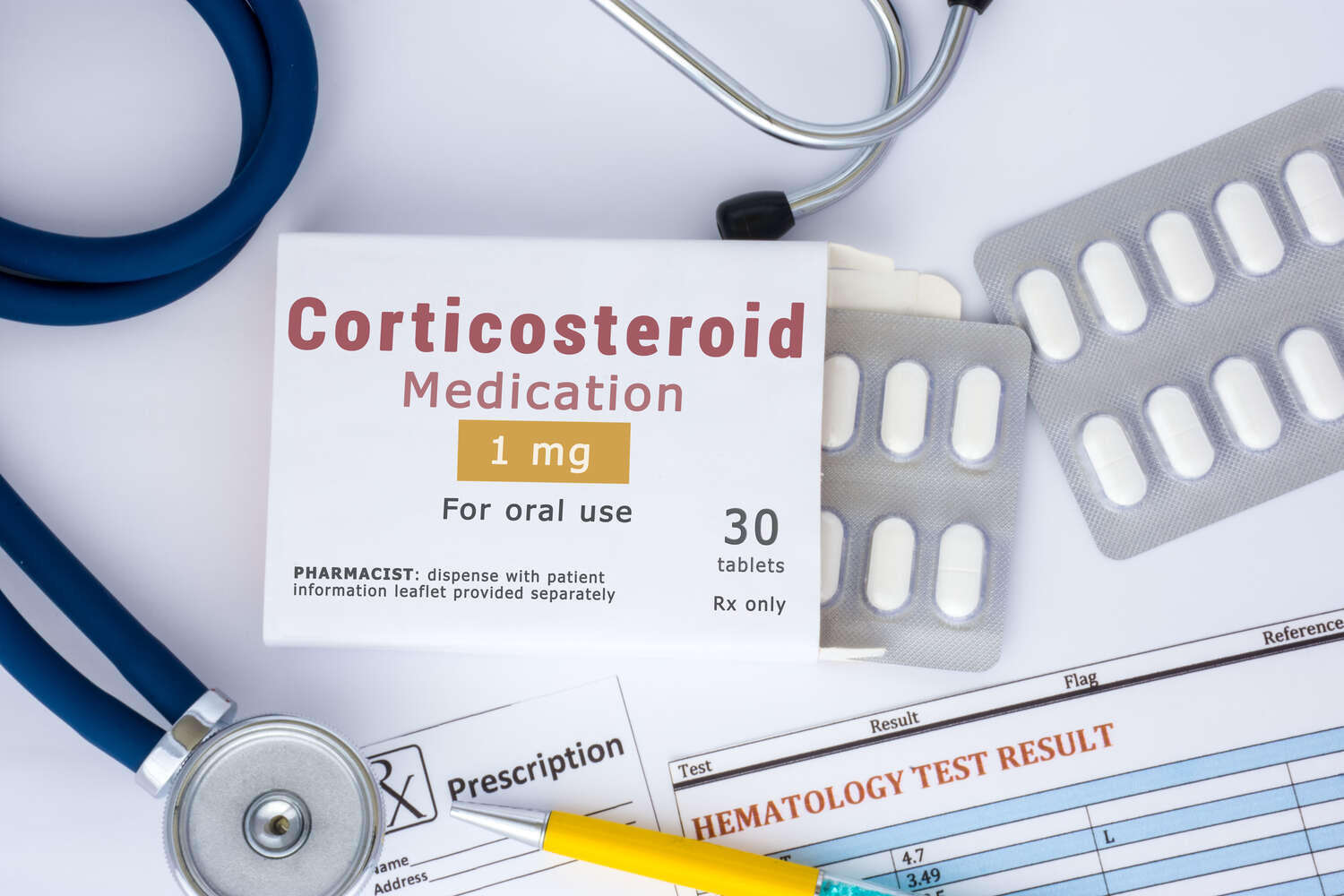
Pregnancy is a wonderful phase of a woman’s life. New moms-to-be get lots of advice from nannies and grannies about healthy eating to maintain good health during pregnancy. Despite adopting health habits, some women may experience itching, yellowness of skin, and loss of appetite during the late pregnancy phase. The condition is a common liver disease, also known as cholestasis. Intrahepatic cholestasis during pregnancy can cause abnormal secretion of bile (generally affected by pregnancy hormones).
The condition is very common during pregnancy, and after delivery, it usually lasts for a few days only. According to the report of the American Liver Foundation, 1-2 pregnancies in 1000 are affected by Intrahepatic cholestasis of pregnancy in the USA, and the risk of ICP is higher in women carrying twins or those who have had In-vitro fertilization treatment. Women who have previous conditions of liver damage may also experience ICP (1). Hence, it is essential to monitor health during pregnancy to get appropriate treatment. In this context, we’ll provide you with signs, symptoms, and causes of intrahepatic cholestasis during pregnancy.
In This Article
- What Is Obstetric Cholestasis?
- What Causes Obstetric Cholestasis?
- What Are The Symptoms And Signs Of Intrahepatic Cholestasis Of Pregnancy?
- How Is Obstetric Cholestasis Diagnosed?
- What Are The Risks Of Obstetric Cholestasis?
- Medical Treatment For Managing Cholestasis During Pregnancy
- When to See a Doctor?
- FAQs
What Is Obstetric Cholestasis?
Obstetric cholestasis of pregnancy is a liver condition that causes skin itching during the last trimester. It is also called intrahepatic cholestasis of pregnancy and jaundice. The condition temporarily reduces the liver function in a pregnant woman, resulting in the build-up of bile juice inside the liver and running into the bloodstream. Bile juice is a chemical substance produced in the liver to break down fat so we can digest it properly. When a huge amount of bile juice reaches the bloodstream, your body may begin to itch. ICP can cause several complications to the fetus and women.
What Causes Obstetric Cholestasis?

There is no particular cause of obstetric cholestasis of pregnancy. In general, cholestasis refers to the reduction of bile flow (a digestive fluid secreted from the liver to break down food or fat into simpler substances. During Intrahepatic cholestasis of pregnancy, bile accumulates in the liver and bloodstream, which is the main reason for obstetric cholestasis. However, some other causes of obstetric cholestasis are as follows.
- Hormones: Sometimes, an increase in the pregnancy hormones may slow down the production or flow of bile.
- Genes: Some genetic conditions may also result in obstetric cholestasis of pregnancy.
- Environment: Though environmental factors do not cause cholestasis, the risk may vary according to the season and geographical location.
What Are The Symptoms And Signs Of Intrahepatic Cholestasis Of Pregnancy?
One of the common symptoms of intrahepatic cholestasis of pregnancy is severe itching. It may begin on the hands and feet, but it eventually spreads throughout the body. The itching generally worsens at night. Some less common symptoms of cholestasis include:
- Dark urine
- Nausea
- Light gray
- Pale brown poop
- Decreased appetite
- Extreme tiredness
- Pain within the upper right region of the belly.
- Yellowing of the skin and pale color of the eyes.
How Is Obstetric Cholestasis Diagnosed?

If you experience the above symptoms, it is essential to visit your caregiver or gynecologist to diagnose obstetric cholestasis of pregnancy. During the examination, a blood sample will be collected to precede the serum bile acid test. The test helps to understand the functioning of the liver based on bile concentration.
If the test confirms the bile secretion is above 10 micromoles per liter, intrahepatic cholestasis of pregnancy will be confirmed. (The micromolar refers to the unit of measurement used for medical diagnosis of jaundice). During treatment, healthcare experts may perform follow-up blood tests regularly to check on bile levels inside the bloodstream. Healthcare professionals may also use prothrombin time tests to determine if there are any blood clots.
What Are The Risks Of Obstetric Cholestasis?
According to the research report, obstetric cholestasis can cause several complications in pregnancy. It can cause up to 60% of preterm deliveries and around 33% of fetal distress, and 2% of infants may die inside the womb (2). Obstetric cholestasis may result in acute anoxia, which is the main actor in fetal death. Some other potential risks of obstetric cholestasis include:
- Fetal distress conditions such as higher incidence of preterm birth, stillbirth, and meconium staining (a condition when an infant passes stool inside the womb).
- Respiratory distress syndrome in babies who are born prematurely due to obstetric cholestasis. It can lead to difficulty in breathing.
- The infant may develop neonatal jaundice if their mother has obstetric cholestasis.
How Is Obstetric Cholestasis Treated?
The goal of obstetric cholestasis treatment is to help patients get relief from itching. Some of the potential treatment options include:
- Anti-itching medications
- Ice water or cold water bath to slow down the blood flow into the body.
- Vitamin K should be included in the mother’s diet before delivery and after the delivery of the baby. It helps to prevent the risk of intracranial hemorrhage.
- Dandelion root is a natural substance that is beneficial for improving the function of the liver.
- It is essential to perform a test that involves contraction recording and fetal heart monitoring.
- Regular bile serum and liver functioning test.
Medical Treatment For Managing Cholestasis During Pregnancy

Some of the medical treatments for managing obstetric cholestasis during pregnancy include:
- Medication with a small dose of corticosteroids
- Medications such as ursodeoxycholic acid reduce the concentration of bile juice (1a).
- Dexamethasone (a form of steroid) is used to increase the baby’s lung maturity.
- Antihistamine medications should be taken to manage to itch associated with Intrahepatic cholestasis.
- Aqueous cream that has menthol is useful to treat itchiness that occurs due to intrahepatic cholestasis of pregnancy (3).
Besides medical treatment, it is also essential for continuous fetal monitoring and non-stress tests. In addition, biophysical profiles should be done to assess the fetal heart rate and amniotic fluid levels.
When to See a Doctor?
If you are experiencing any symptoms associated with intrahepatic cholestasis, it is vital to consult with your doctor swiftly. In case of severe itching, yellowing of the skin, eyes, dark urine, pale stool, and abdominal pain, immediately visit the doctor. They will proceed with the diagnosing test to understand the underlying reason for the symptoms. Based on the diagnosis report, they will provide you with treatment to cure the problem.
In a nutshell, obstetric cholestasis is a manageable liver disease condition if diagnosed early. During pregnancy, if you experience any of the above-listed symptoms, regular monitoring and treatment with a doctor can help to avoid severe consequences such as fetal death inside the womb. Additionally, it is essential to have constant fetal monitoring and bile detection to ensure you enjoy a healthy pregnancy.
FAQs
1. Can Cholestasis Affect Your Baby?
Cholestasis can affect your baby and may result in an underdeveloped liver. Chances are a baby will be born with jaundice, fetal distress, preterm delivery, stillbirth, and meconium staining.
2. What Foods Should Be Avoided With Cholestasis During Pregnancy?
Although there is no restriction over diet if a woman has cholestasis during pregnancy, they should avoid high-fat, protein, and high oil content rich food. Be sure to consume plenty of water and prioritize healthy eating.
References
- Cholestasis of Pregnancy – [https://my.clevelandclinic.org/health/diseases/17901-cholestasis-of-pregnancy]
- Cholestasis of pregnancy – [https://www.mayoclinic.org/diseases-conditions/cholestasis-of-pregnancy/symptoms-causes/syc-20363257]
- Intrahepatic cholestasis of pregnancy – [https://www.marchofdimes.org/find-support/topics/pregnancy/intrahepatic-cholestasis-pregnancy]
- Cholestasis of Pregnancy: Causes, Symptoms & Treatment – [https://americanpregnancy.org/healthy-pregnancy/pregnancy-complications/cholestasis-of-pregnancy/]

